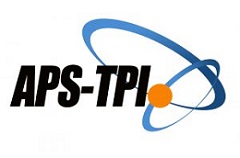Challenges in Implementing the Independent Learning Curriculum at Primary Schools
Abstract
With the urgency of research in exploring the implementation of the independent curriculum, this study aims to understand how various classroom teaching methods can be used to strengthen students' understanding of concepts and enhance their abilities. The research data is analyzed through a descriptive approach, which is a qualitative method in the context of this study. The results of the study highlight several issues that arise when both schools implement the independent curriculum. One of the main findings is that the independent curriculum encourages teachers to be more creative in designing teaching modules, setting learning objectives, and organizing the flow of learning. As a result, teachers can no longer produce Lesson Implementation Plans (RPP) independently every week. Consequently, the efforts made by schools are more focused on improving the students' profiles that reflect the values of Pancasila. Summative Assessments (PS) are still given to students every day, but not only during the learning process inside the classroom. One important implication of this research is the need to expand the learning space outside the classroom to encourage active and innovative student engagement.
Keywords
Planning, implementation, evaluation
Full Text:
PDFRefbacks
- There are currently no refbacks.





.png)













